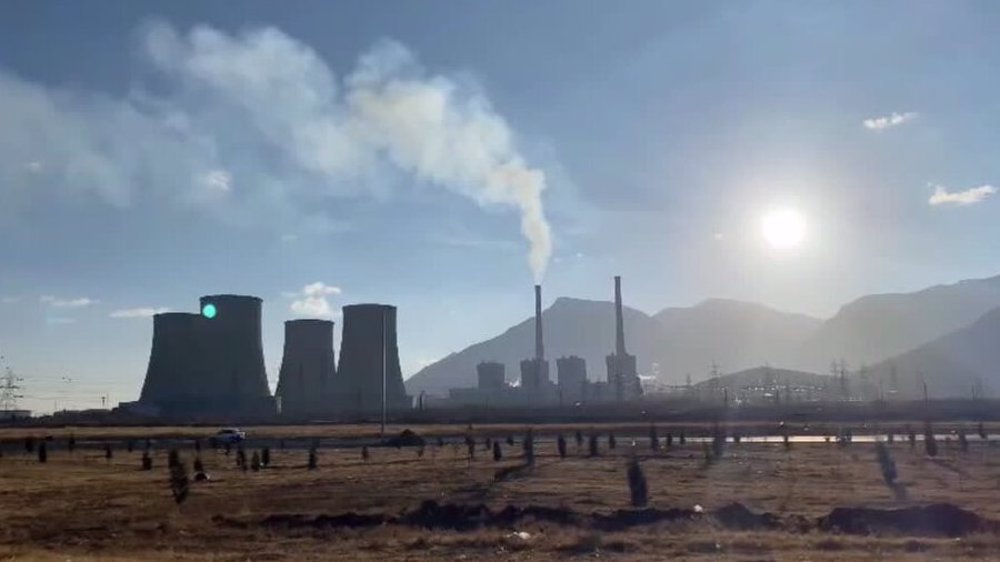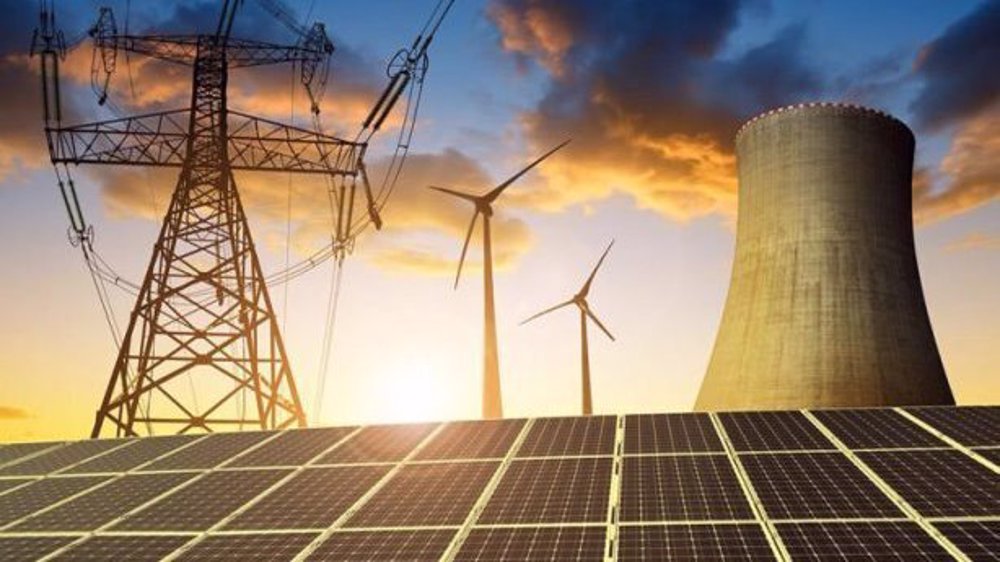Iran increases gas exports capacity to Anatolia, Caucasus
Iran has commissioned a new gas compression facility to boost natural gas exports to neighboring countries in Caucasus and Anatolia to about 60 million cubic meters a day.
According to a report by Iranian media on Wednesday, the new facility allows the country to boost gas exports to neighboring states in Anatolia and Caucasus, including Turkey, Armenia, the Republic of Azerbaijan and Nakhchivan, from the current figure of 24 million cubic meters (mcm) per day to 56 mcm a day.
The new gas compression facility not only increases the capacity of gas transmission network in northwestern Iran, thus also paves the way for Iran to swap natural gas with the Republic of Azerbaijan and the Nakhchivan Autonomous Republic.
Speaking to reporters on the sidelines of the inauguration ceremony of the facility, managing director of Iranian Gas Transmission Company, Mohammad Ali Emam, noted that the new facility is actually meant as a gas terminal for neighboring countries, which can increase capacity of gas exports to these countries to about 60 mcm per day.
He added that this facility is the first of its kind to use electromotor instead of gas turbine.
Emam stated that the project has been totally carried out by Iranian technicians and specialists without any help from foreign contractors.
The Iranian media also quoted Yadollah Baibverdi, director of Iran's Gas Transmission Operation District 8, as saying that the first phase of the facility includes three turbocompressors to facilitate transfer of gas to northwestern Iranian cities and boost gas exports to Turkey, Armenia, the Republic of Azerbaijan and the Nakhchivan Autonomous Republic.

“Using electromotor instead of gas turbine has been one of the first major projects to be implemented by the National Iranian Gas Company’s experts and specialists,” he said.
The official added that increasing gas exports to Iran's northwestern neighbors could be a prelude to start exporting natural gas to European countries.
During recent years, Iran has been taking major steps to boost production and export of natural gas by increasing foreign and domestic investment, especially in its South Pars offshore gas field.
South Pars gas field covers an area of 9,700 square kilometers, 3,700 square kilometers of which are in Iran’s territorial waters in the Persian Gulf. The remaining 6,000 square kilometers are situated in Qatar’s territorial waters.
The field is estimated to contain a significant amount of natural gas, accounting for about eight percent of the world’s reserves, and approximately 18 billion barrels of condensate.
Israeli airstrikes kill 50 people near Gaza hospital
Pezeshkian to visit Russia next month to sign partnership pact
Missile fired from Yemen hits Tel Aviv after Israeli airstrikes
VIDEO | Iran emerging as aviation service hub through innovative solutions
Iraq exhuming remains of 100 Kurdish women, children killed by Saddam
Panama rejects talks with US over canal control
VIDEO | Israel Yemen aggression
HTS rulers name al-Qaeda operative as Syria's new spy chief










 This makes it easy to access the Press TV website
This makes it easy to access the Press TV website